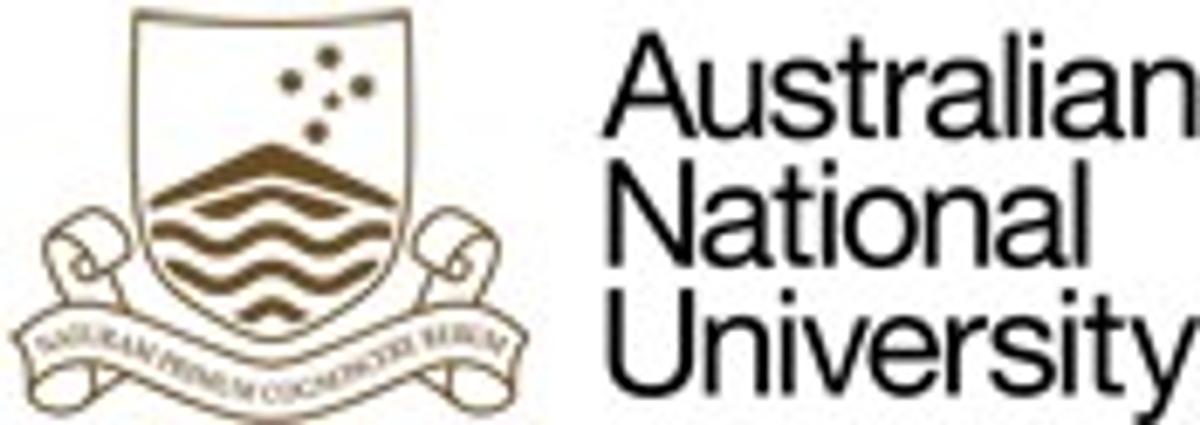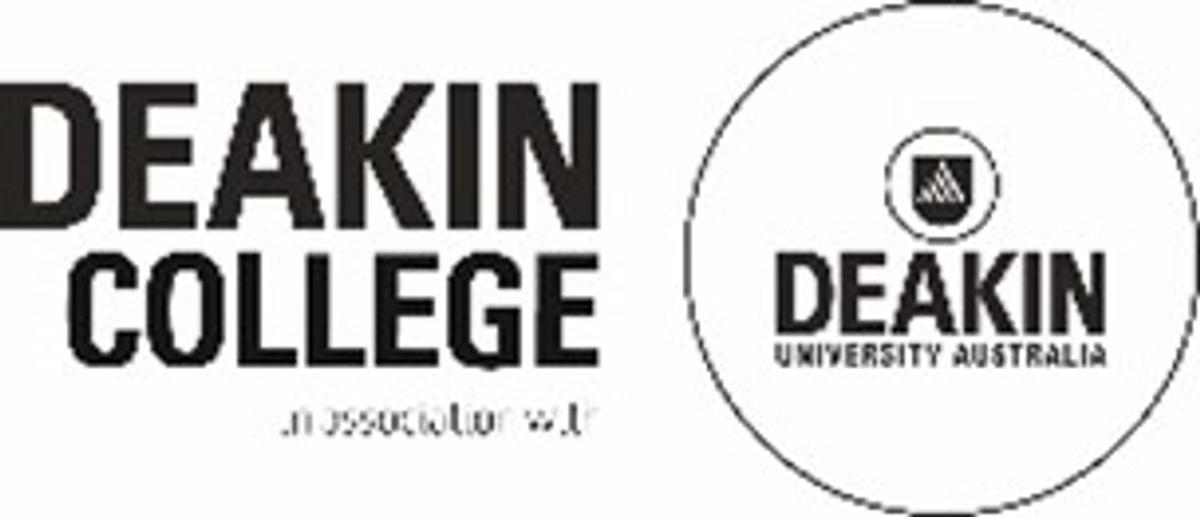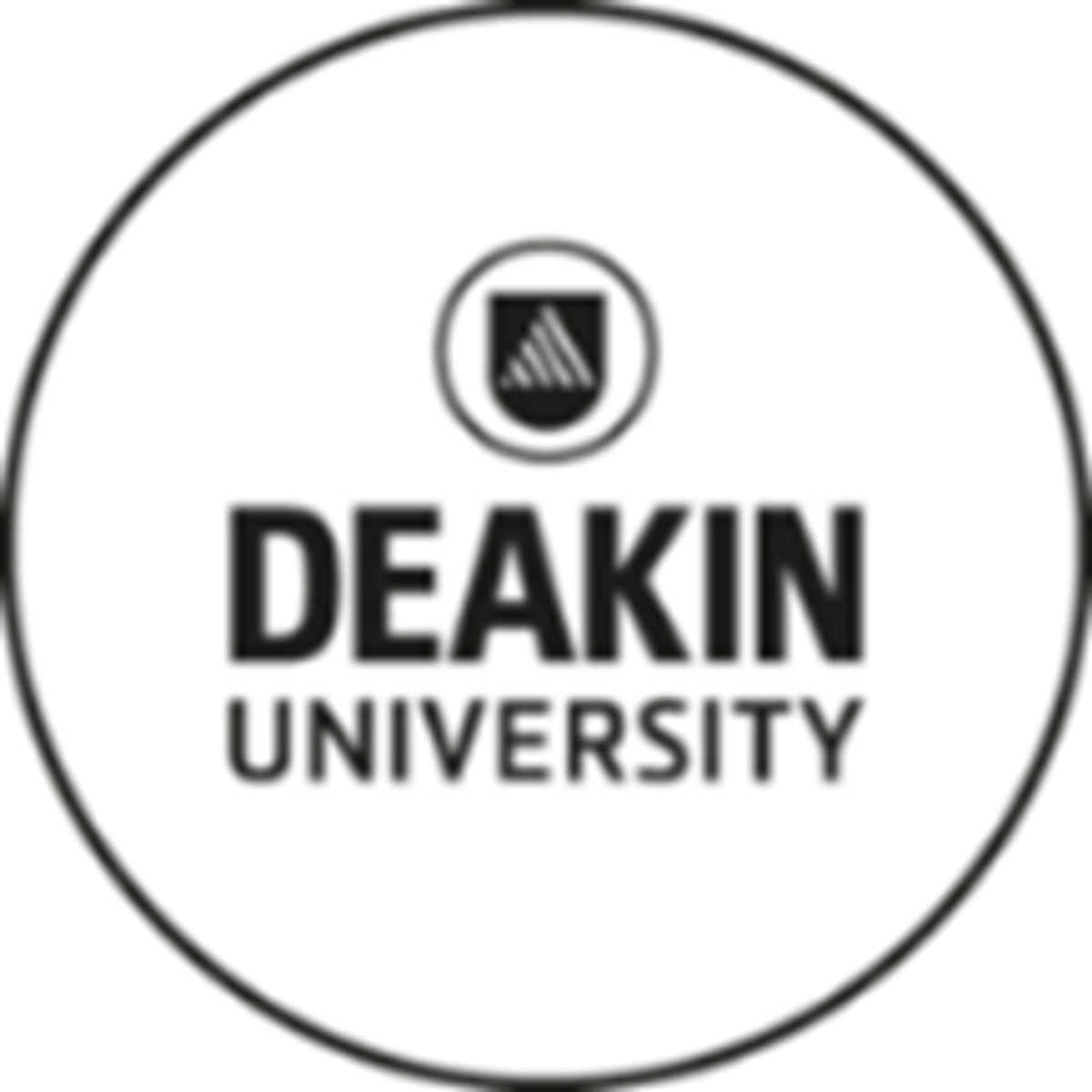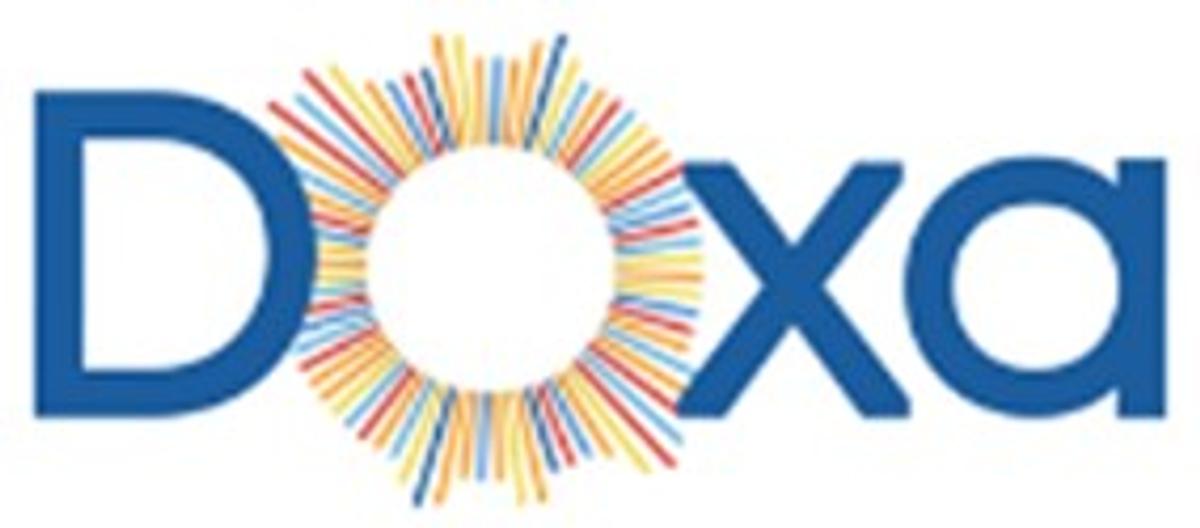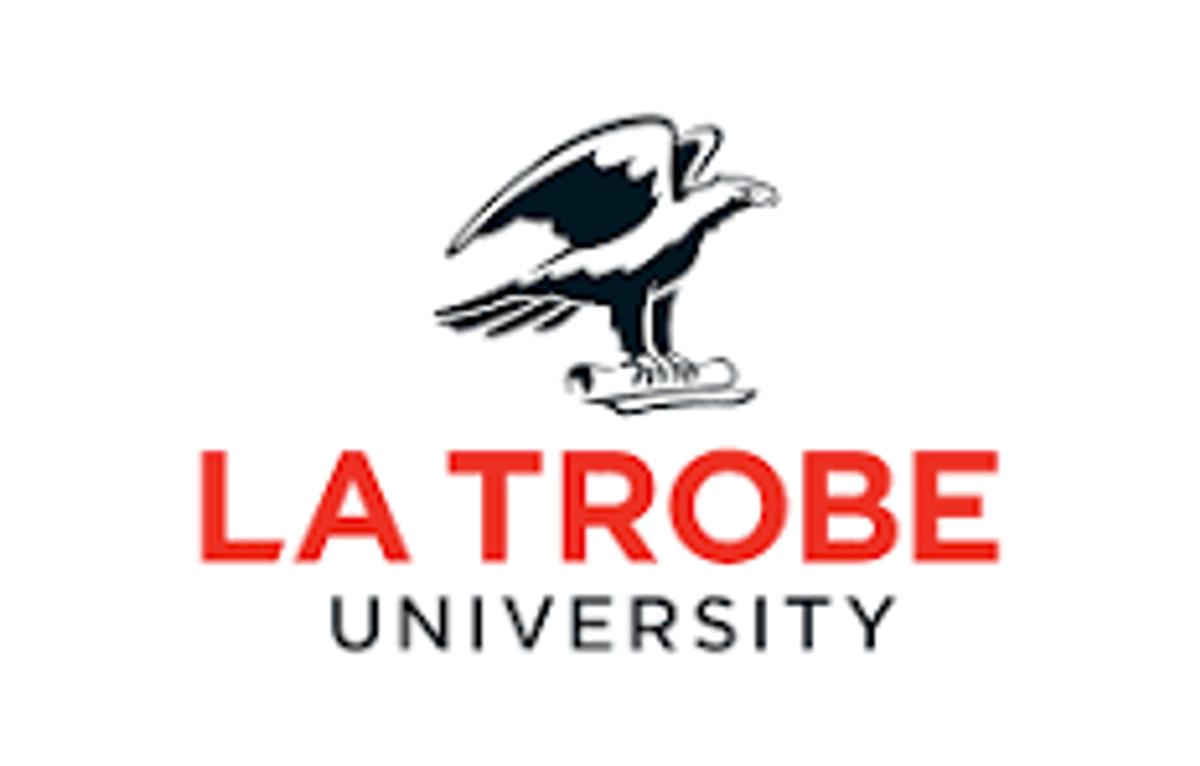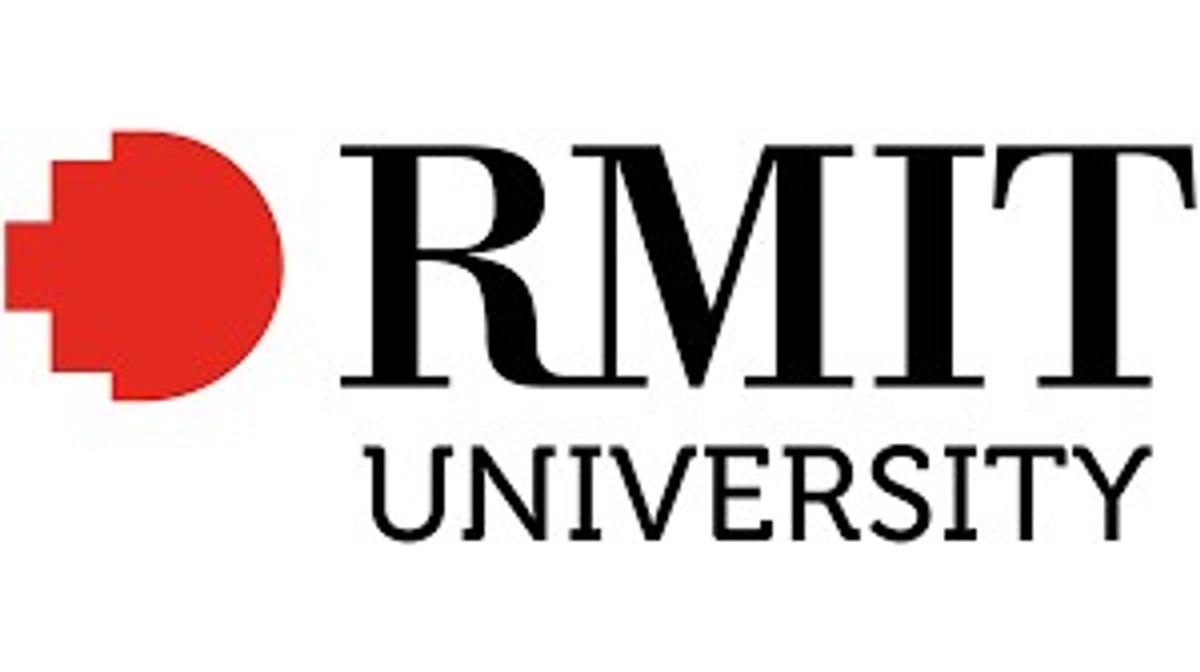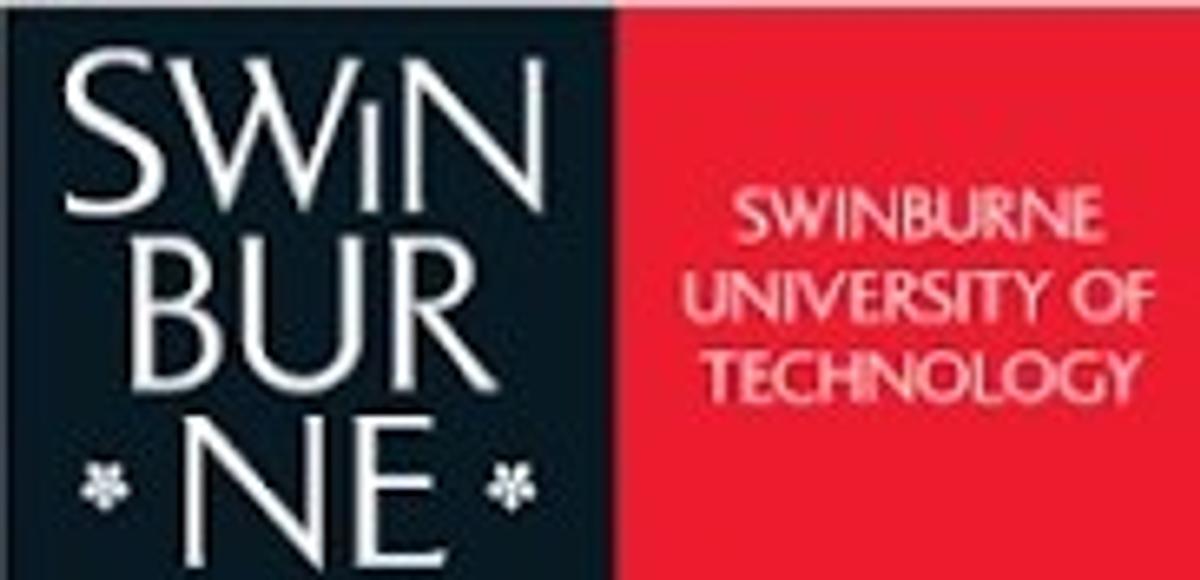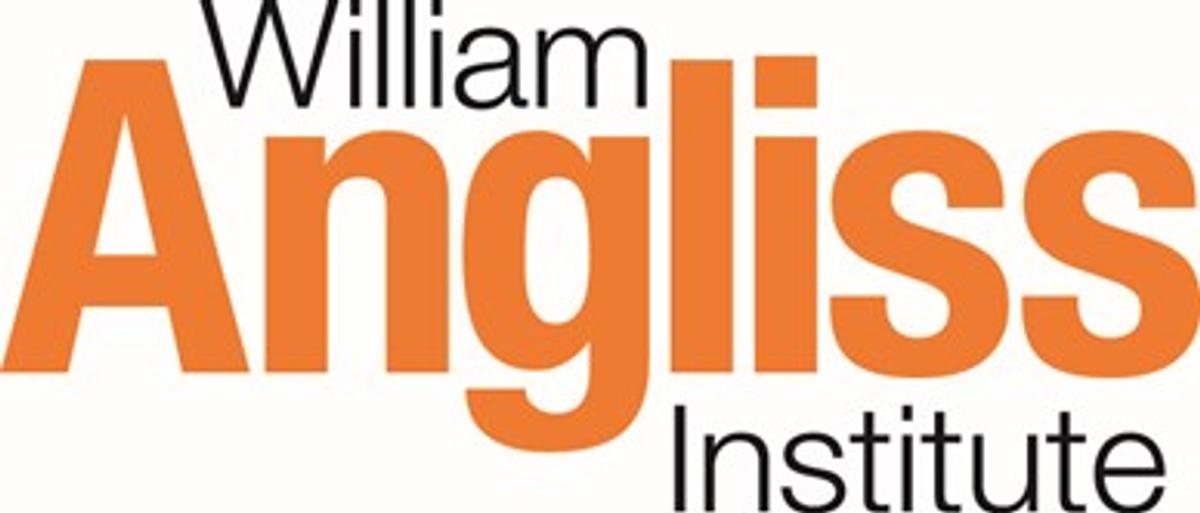Tertiary Course Information

Australian National University
Year 12 Applications for 2025 and Beyond
In early October2024, the Deputy Vice-Chancellor notified schools that, as of 1 December 2024, direct and UAC applicants to ANU will no longer require students to provide evidence of co- curricular and service as part of the admissions process. Students with an queries are encouraged to call 1800 620 032.
Tuckwell Scholarship for 2026
Australian National University (ANU) launched the Tuckwell Scholarship Program in 2013. The Tuckwell Scholarship Program at the ANU is the most transformational undergraduate scholarship program in Australia. A Tuckwell is not just about a students’ intellect. It is also about their desire and determination to use their natural abilities to realise their full potential so that they can make a difference in the world. All up one could say, this is no ordinary scholarship.
Scholarships are awarded based on four criteria
- Academic potential and achievements to date
- Other significant achievements to date, of any type
- Demonstration of the attributes of a Tuckwell Scholar
- A desire to eventually give back to Australia
Although applications will only open in early March 2025 (TBC), current Year 11 students who believe they meet the eligibility criteria for this scholarship, are encouraged to browse Tuckwell Scholarship and the 2026 Application Booklet to find out more.
Deakin College Pathways for Unscored Students
Deakin College offers pathway options for unscored students, VCE VM students and students who receive a low ATAR score.
These students are eligible to enrol in one of a number of diplomaprograms. Upon successful completion, they can seamlessly progress into the second year of a related bachelor’s degree at Deakin University, ensuring no time is lost in their academic journey.
Major in Bachelor Of Business
Deakin University offers a major in its Bachelor of Business in response to industry demand. Designed in consultation with industry (the Recruitment, Consulting and Staffing Association), graduates of this major will become qualified and sought after recruitment professionals. They will build their careers identifying and securing the talent that keeps organisations going.
Based in the discipline of Human Resource Management, a strength of Deakin Business School, this major develops a unique skill set for recruitment careers. It combines human resources foundations, recruitment technologies, brand management, employment relations and the specifics of talent acquisition. All these skills will be reinforced with work integrated learning and a business capstone unit.
Find out more by browsing Recruitment and Talent Acquisition major.
DOXA Cadetship Program
Our Cadetship program supports talented young people facing challenging life circumstances to complete university and gain the skills needed for an employable future.
The Cadetship program is open to Year 12 students transitioning to university and is a three to five-year program, dependent on the length of the degree and the sponsorship model.
The Cadetship program is open to young people facing challenging life circumstances who have finished high school and are about to go to university. This may include, but is not restricted to:
- Experiencing financial hardship,
- Having an Aboriginal and/or Torres Strait Islander heritage,
- Coming from a newly arrived migrant or refugee background,
- Having faced stressful life events,
- Coming from a rural or remote area and
- Being the first in their family to have the opportunity to study at university and pursue a professional career.
The cadetship programme provides young people with:
- Practical and personal support during their university course,
- The opportunity to connect with peers and industry professionals through work placement and social events and
- Personal development and training opportunities to enhance their employability.
For more information visit Cadetship - Doxa Youth Foundation
Pathway to Federation University
If you thought that university was not for you because you don’t have the academic background or the study skills, or if you have finished year 12 but do not have the entry requirements you need to start a degree, the Foundation Access Studies program (FAST) may be the pathway for you.
Students who have completed the VCE Major or an unscored VCE can apply for the Foundation Access Studies (FAST) Program at Federation University.
FAST is a single semester program designed to teach students effective study techniques, including academic writing, research, use of university systems and how to apply these skills to their studies. When students have successfully completed FAST, they are guaranteed a place in one of Federation University's undergraduate degrees.
All applicants who have not met the English and Maths pre-requisites through their Year 12 results will be required to complete a literacy and numeracy test to determine their eligibility for admission. In order to qualify for entry into FAST for Engineering, applicants need to complete the Technical Maths entry test.
Applications to the FAST program should be made via VTAC. FAST is the only prerequisite required for many of Federation’s bachelor’s degree programs.
More information on Foundation Study of Access Program (FAST) can be found here.
Studying Rehabilitation Counselling at La Trobe
Help people recovering from injuries or living with mental health conditions or disabilities improve their quality of life. You’ll build skills in counselling techniques, case management and vocational rehabilitation and support clients to achieve their personal, career and independent living goals.
Rehabilitation counselling is offered as a major in a few degrees including the Bachelor of Health Sciences - rehabilitation counselling. This major is very popular amongst students studying degrees where having a better understanding of their clients would be an advantage.
La Trobe also offers a Master of Counselling, Rehabilitation and Mental Health at its city campus or online. This accredited course gives students the foundations for a rewarding career that supports others through huge life changes. Students get hands-on experience and will graduate prepared to work in rehabilitation counselling, as well as broader counselling settings such as mental health and Employee Assistance Program (EAP) counselling.
Bachelor of Learning & Design
The Bachelor of Learning Design & Technology offered at the Clayton Campus is designed for students who love of creativity, technology or psychology to explore how we best navigate new challenges and technologies, from artificial intelligence and simulations to corporate training and career development.
Apart from learning design, the skills gained in this course means students can pursue roles in marketing, human resource development, instructional media and game development, training, and project management.
This course requires students to undertake off-campus industry experience. Industry experience, also known as work-integrated learning (WIL), provides students with opportunities to integrate academic learning with workplace experience.
The VCE prerequisites are Units 3 and 4: a study score of at least 27 in English as an Additional Language or at least 25 in English other than EAL, and an ATAR of 70.00 was required for 2024 entry.
New Important Pathway – the Diploma of Higher Education (DoHE) offers a 1-year pathway option into the Bachelor of Learning Design & Technology. Students who pass all eight units in the Learning Design and Technology stream and achieve a minimum weighted average mark of 60% in DoHE will be eligible to receive up to one year of credit into the Bachelor of Learning Design and Technology at the Clayton campus, thus entering the second year of the Bachelor of Learning Design and Technology.
Electronic and Computer Systems Engineering
RMIT offers the Bachelor of Engineering (Electronic and Computer Systems Engineering) (Honours) program which merges the electronic, computer systems and telecommunications engineering programs all into one.
Students are able to develop fundamental skills in each field and then choose to specialise in one or more areas based on their interests and career goals. Graduate gain skills that enable them to find better solutions to challenges in the design, construction and maintenance of embedded systems, firmware development, electronic hardware, communication and network systems.
Browse Electronic and Computer Systems Engineering to find out more.
Advanced Diploma of Building Design (Architectural)
Become familiar with optimal building design and its role in creating new residential, industrial and commercial buildings with the Advanced Diploma of Building Design (Architectural).
During this two-year course students learn how to produce quality construction plans in both 2D and 3D software, as well as developing business management, problem solving and computer-aided drafting skills. Upon graduation, students receive a recognised accreditation by the Victorian Building Authority – the educational requirement to become a drafting practitioner.
Graduates may work for building designers, draftspersons, builders, architects and other design professionals. Many students go on to study the Bachelor of Design (Architecture) and receive credit for some of the units they completed in the diploma.
William Angliss
Important Changes to Bachelor Degrees from 2025. William Angliss Institute has made a difficult decision to remove some of the degree program offerings for 2025.
Students who have one of the impacted courses as preferences on VTAC will have received a message from VTAC indicating that their preferred course has been cancelled.
William Angliss remains committed to its specialist areas of foods, tourism, hospitality and events and are confident that the alternative courses on offer will suit the needs of students and industry.
For any students affected by this change, below is a list of recommended alternatives for the courses that have been removed from offer:
| Specialty area | Course no longer offered | Alternative course recommendations |
| Foods | Bachelor of Food Studies | Bachelor of Culinary Management |
| Tourism | Associate Degree in Tourism; Bachelor of Tourism; Bachelor of Tourism (Marketing); Bachelor of Tourism (Ecotourism); Bachelor of Resort and Hotel Management (International Practice) | Bachelor of Tourism and Hospitality Management; Bachelor of Resort and Hotel Management; Bachelor of Resort and Hotel Management (Professional Practice) |
| Hospitality | Bachelor of Resort and Hotel Management (International Practice) | Bachelor of Resort and Hotel Management; Bachelor of Resort and Hotel Management (Professional Practice) |
| Events | Associate Degree in Event Management; Bachelor of Event Management | Diploma of Events; Bachelor of Tourism and Hospitality Management |

